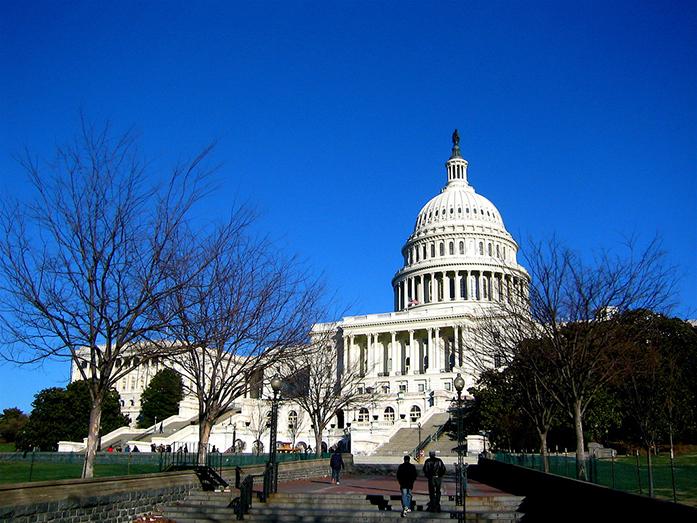Jacob Prall
Bureaucracy. The ugly B-word that turns smiles to sneers and pressing issues into paperwork. We live in a capitalist society, in which efficiency is the ideal we strive toward. The inefficiencies of government bureaucracy, then, have no place in our society. It must be a drag on our economy. Privatizing public services will lead to that sweet efficiency we so crave.
Privatization, along with big hair and Metallica, is a relic of the 1980s. The previous century had seen the role of government grow considerably. Governments started getting into all sorts of services, from building roads and dams to providing health care and social security. When the ’80s hit, and they hit hard, the Reaganites envisioned a world with a meager government and robust private industry to handle public services.
Competition keeps prices down and efficiency up in a capitalist market. In the 1980s, there was a lot of public to make private in the world.
Privatization may have been the right call for former Soviet puppets, but that doesn’t mean it is the antithetical ideal to communism. Thirty years have passed and privatization still continues in the U.S. at the local, state, and federal levels. This shift of public utilities to private hands has unintended consequences.
Let’s take an issue here in Iowa for example, the privatization of driving school buses. Local communities are cutting the costs surrounding the transporting of children, but consider where the managerial responsibility is shifted. Instead of these bus drivers being accountable to the public, they are accountable to shareholders. The funny thing about shareholders is you have to have money to hold shares. There isn’t an incentive to say, go out of your way to provide a positive experience for kids. The incentive is to do the job while making as much money as possible.
All in the name of savings, right? There is a question of how much is really being saved, though. The costs don’t go away, corporations are simply contracted and paid annually for the services. While this saves money in the short run, there are larger issues that emerge. For example, the cheapest, fastest road-pavers who win a bidding war for a job in town might not actually be the best or most qualified.
We also can’t forget why public-sector services can cost more than the private alternative. Government workers can unionize. They use this bargaining power to have better wages and benefits, and increasing the standard of living for the working class pumps money into local economies, which can have long-lasting positive effects on growth.
Now, I’m not against all privatization. It can lead to better, more efficient services. One of the big problems with it as it exists today, however, is the lack of competition. No incentive to increase productivity, quality, and efficiency.
Instead of selling off large chunks of public-sector jobs for the sake of efficiency, we need to carefully consider the alternatives and possible consequences. If the idea is to relieve taxpayers, private companies are not always the way to go.
The infusion of capitalistic competition in the public sector could lead to a lot of good things for the citizens of the United States. First, competition must truly exist, beyond who gets the job. Selling off jobs to the lowest bidding mega-corporation won’t help the working class or the public good in the long run. Second, managerial responsibility has to be to the public over shareholders. It is imperative that public good be placed as the most important goal among many, including efficiency and productivity.



